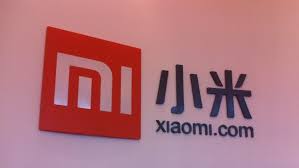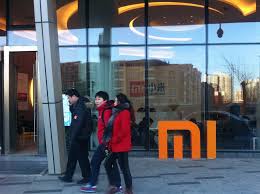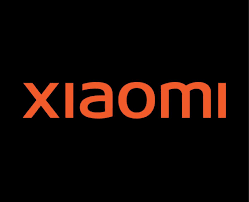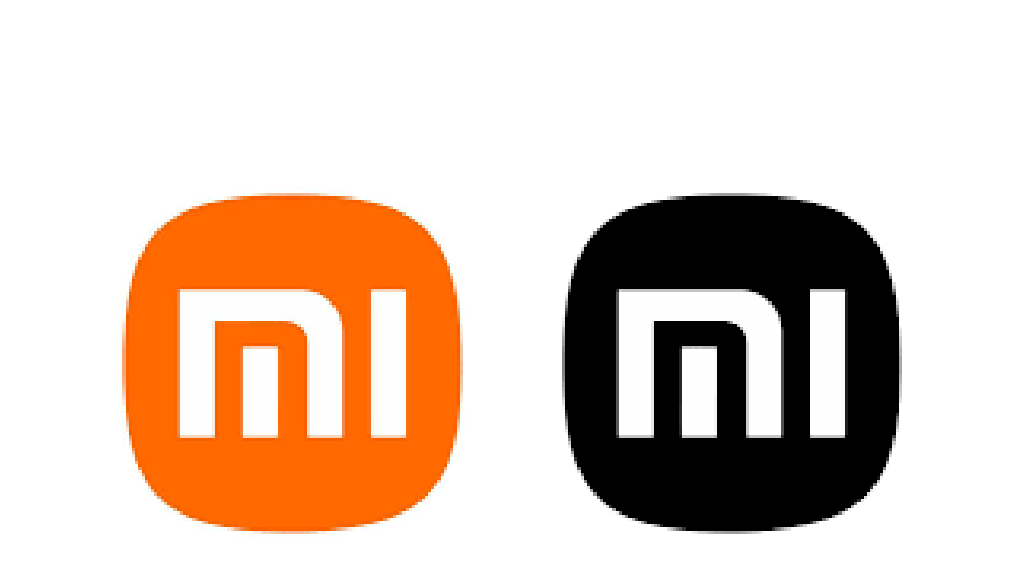
How Xiaomi is Shaping the Future of Electric Vehicles: Land Deals and Market Goals
Contents
- 1 Xiaomi auto market expansion
- 1.1 How Xiaomi is Shaping the Future of Electric Vehicles: Land Deals and Market Goals
- 1.1.1 Xiaomi’s Land Acquisition and Expansion
- 1.1.2 The SU7 and Xiaomi’s Market Goals
- 1.1.3 Market Dynamics and Competition
- 1.1.4 Future Plans and Developments
- 1.1.5 Independent Car Manufacturing Qualification
- 1.1.6 Conclusion
- 1.1.7 FAQS:
- 1.1.7.1 1.When did Xiaomi enter the auto market?
- 1.1.7.2 2. What is the purpose of the new land acquired by Xiaomi?
- 1.1.7.3 3. How many SU7 vehicles has Xiaomi delivered so far?
- 1.1.7.4 4. What are Xiaomi’s future plans for its EV lineup?
- 1.1.7.5 5. What is the significance of Xiaomi’s independent car manufacturing qualification?
- 1.2 Xiaomi auto market expansion
- 1.3 FPIs Inject Rs 33,600 Cr into Equities in July as Policy Reforms and Strong Earnings Season Persist
- 1.1 How Xiaomi is Shaping the Future of Electric Vehicles: Land Deals and Market Goals
Xiaomi auto market expansion
How Xiaomi is Shaping the Future of Electric Vehicles: Land Deals and Market Goals
Xiaomi, the Chinese tech giant known for its smartphones, has made significant strides into the automotive sector. Since its initial foray into electric vehicles (EVs) in March with the launch of the base model SU7, Xiaomi has embarked on an ambitious $10 billion plan to become a major player in the automotive industry. This blog post explores Xiaomi’s latest moves, including a major land acquisition and their plans for future growth.


Xiaomi’s Land Acquisition and Expansion
New Land Purchase
In a strategic move to boost its electric vehicle production capabilities, Xiaomi Corp. has acquired a 53-hectare (131-acre) plot of land in Beijing for 842 million yuan ($116 million). This land, purchased by Xiaomi subsidiary Xiaomi Jingxi Technology Ltd., is located near the company’s existing EV factory in the Yizhuang district. According to filings from the Beijing Municipal Commission of Planning and Natural Resources, the site will be utilized for the “development of the high-end automobile and new energy intelligent vehicle industry.”
Purpose of the New Facility
The new facility is expected to play a crucial role in expanding Xiaomi’s production capacity and supporting its goal of becoming a major force in the electric vehicle market. This move aligns with CEO Lei Jun’s vision to transform Xiaomi into a significant player in the automotive sector.


The SU7 and Xiaomi’s Market Goals
The SU7 Launch
Xiaomi made its debut in the auto market in March with the SU7, a base model priced at 215,900 yuan. This initial model marks the beginning of Lei Jun’s $10 billion plan to establish a strong presence in the EV market.
Sales Performance
As of early July, Xiaomi has delivered 30,000 units of the SU7 and is well on its way to achieving its 2024 sales target of 100,000 vehicles. Lei Jun has expressed confidence that this target will be met as soon as November, showcasing the strong early performance of Xiaomi’s entry into the EV sector.


Market Dynamics and Competition
Industry Challenges
Xiaomi’s entry into the EV market contrasts sharply with the struggles faced by other competitors. The phase-out of national subsidies for EV purchases in 2022 and a slowdown in demand have led to significant challenges for many EV makers. Companies such as WM Motor Technology Group and the premium HiPhi brand from Human Horizons Shanghai Internet Technology Co. Ltd. have faced bankruptcy or production suspensions due to these market pressures.
Xiaomi’s Strategic Advantages
Despite these challenges, Xiaomi’s rapid entry and early success in the EV market demonstrate the company’s ability to navigate a competitive landscape. By leveraging its technological expertise and financial resources, Xiaomi aims to secure a strong foothold in the industry.


Future Plans and Developments
SUV Production
Looking ahead, Xiaomi plans to introduce a sport utility vehicle (SUV) similar to Tesla Inc.’s Model Y as early as 2025. This move reflects Xiaomi’s strategy to diversify its EV lineup and capture a broader segment of the market.
Factory Expansion
In addition to the new land acquisition, Xiaomi has announced plans for phase two of its car factory, with construction scheduled to be completed by 2025. The first phase of the factory boasts an annual production capacity of 150,000 cars, and the expansion aims to further increase this capacity.
Independent Car Manufacturing Qualification
Regulatory Milestone
In July, Xiaomi achieved an independent car manufacturing qualification, allowing it to produce vehicles without relying on the permit of state-owned BAIC Motor Corp. This regulatory milestone is a significant step in Xiaomi’s journey to becoming a self-sufficient automaker.


Conclusion
Xiaomi’s strategic investments and plans in the automotive sector reflect its ambition to become a leading player in the electric vehicle market. With a major land acquisition, impressive early sales figures, and plans for future expansion, Xiaomi is poised to make a significant impact in the auto industry. As the company continues to develop and launch new models, it will be interesting to see how it competes with established and emerging players in the EV market.
FAQS:
1.When did Xiaomi enter the auto market?
A. Xiaomi entered the auto market in March with the launch of its base model SU7.
2. What is the purpose of the new land acquired by Xiaomi?
A. The new land will be used to expand electric vehicle production and develop the high-end automobile and new energy intelligent vehicle industry.
3. How many SU7 vehicles has Xiaomi delivered so far?
A. Xiaomi has delivered 30,000 units of the SU7 as of early July.
4. What are Xiaomi’s future plans for its EV lineup?
A. Xiaomi plans to introduce a sport utility vehicle similar to Tesla’s Model Y as early as 2025 and expand its factory capacity.
5. What is the significance of Xiaomi’s independent car manufacturing qualification?
A. This qualification allows Xiaomi to produce vehicles independently without relying on the permit of BAIC Motor Corp., marking a significant milestone in its automotive journey.





















2 comments